Former home of late Taiwan leader may turn into a McDonald's
Updated: 2015-01-28 15:42
By Liu Jing(chinadaily.com.cn)
|
||||||||
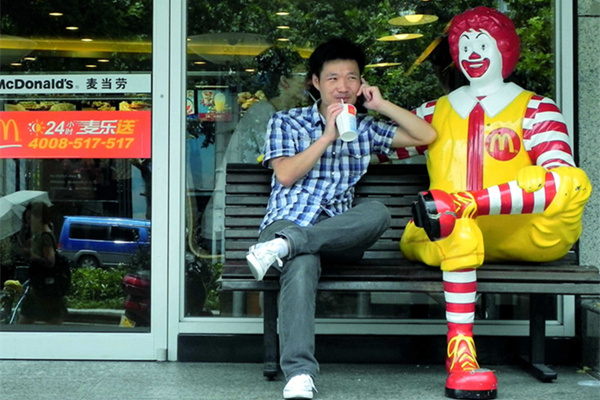 |
|
A man drinks beverage outside a McDonald’s fast-food restaurant in Hangzhou city, east China’s Zhejiang province, July 18, 2011.[Photo/IC] |
It is likely that Ronald McDonald, the clown mascot of the McDonald's restaurant chain, will find a home in a West Lake villa once belonging to the late Taiwan leader Chiang Ching-kuo in East China.
According to an announcement published by the local government of Hangzhou, Zhejiang province, the city has received an application from McDonald's to turn the property to a restaurant. The government began soliciting public comments on the project on Monday, Qianjiang Evening News reported.
The restaurant will be a McCafe coffee house, which mainly offers coffees and desserts instead of hamburgers and fried chicken, according to the announcement. In a general plan issued by the local government on the West Lake Scenic Area in 2014, no historic buildings within the area should be used as restaurants.
The lakeside villa, built in 1931, used to be the home of late Taiwan leader Chiang Ching-kuo (1910-1988), after the victory of the War of Resistance against Japanese Aggression (1937-1945). The trees in the villa are said to have been planted by Chiang himself.
"The house has never been open to tourists", said a resident who works nearby.
The tenant of the building used it as temporary home and gathering place for friends before letting it go to McDonald's.
Both supporters and opponents of the plan have voiced their comments after the announcement was released. Some residents prefer the space to be reserved for history and culture; others believe historic relics should be utilized and open to the public.
Zhong Xiangping, an expert in historic buildings in Hangzhou said it's acceptable to turn the building into a café. Zhong noted that there wouldn't be many visitors if the house was turned into a museum, which would become a waste of public funds and social resources.
However, Zhong suggested that the café should be operated without damaging the historic building.
McDonald's can also try to make the most of the space by presenting information and old photos about the building's famous former owner, Zhong said.
As many foreign entrepreneurs attempt to enter the Chinese market, some Chinese people have shown concerns about the presence of foreign business near historic relics and their possible influence on traditional Chinese culture.
In 2007, a Starbucks outlet in the Forbidden City in Beijing was closed after an anchorman from State television CCTV wrote on his blog that a café in a historical Chinese site was "trampling" on Chinese culture, stirring widespread support online.
In 2012, the US coffee giant was forced to change the name of one of its outlets in Hangzhou, Zhejiang province. The original name suggested the coffee house was close to a famous Buddhist temple.
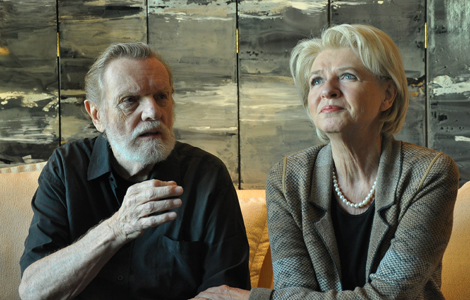
 US futurist touts the rise of the "Global Southern Belt"
US futurist touts the rise of the "Global Southern Belt"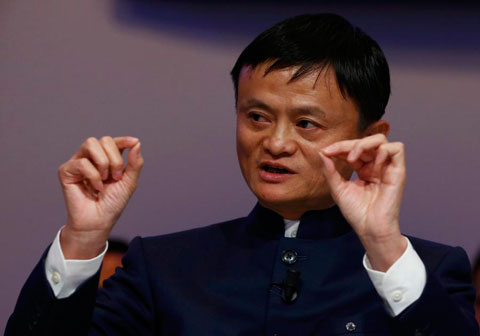
 Ten surprising facts about Jack Ma
Ten surprising facts about Jack Ma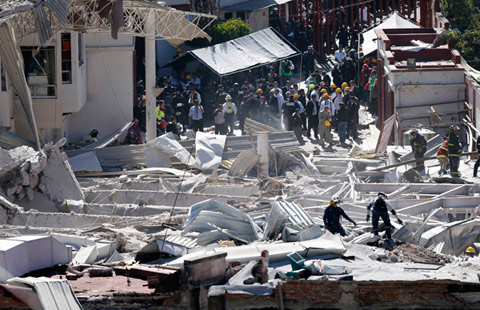
 Gas blast at Mexico City children's hospital kills 7, injures 54
Gas blast at Mexico City children's hospital kills 7, injures 54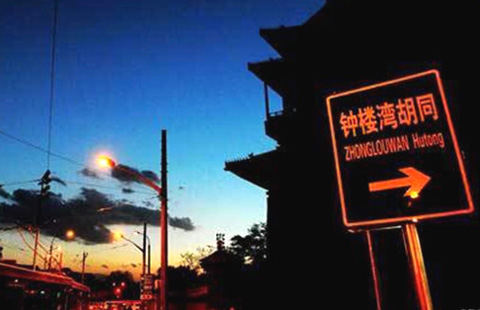
 Ten characteristic streets in Beijing
Ten characteristic streets in Beijing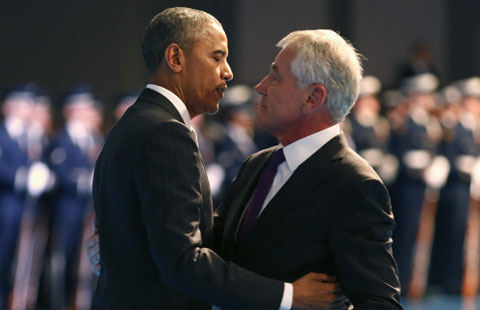
 Outgoing US Defense Secretary Hagel lauded at farewell
Outgoing US Defense Secretary Hagel lauded at farewell
 Don't have to be a queen to live in frozen wild of snow
Don't have to be a queen to live in frozen wild of snow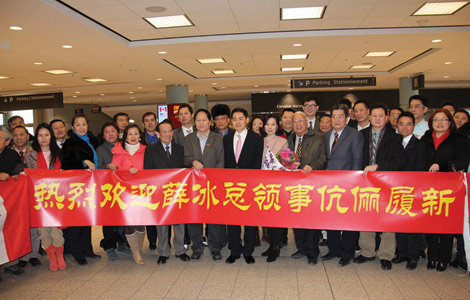
 Across Canada Jan 30
Across Canada Jan 30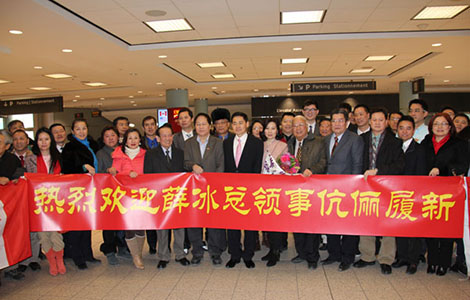
 New consul general greeted
New consul general greeted
Most Viewed
Editor's Picks

|

|

|

|

|

|
Today's Top News
US futurist touts the rise of the "Global Southern Belt"
Chinese brands derive rising revenue proportion overseas
Mongolian culture to highlight New Year's concert
Alibaba quarterly revenue disappoints, shares fall
'Nightmare' incompatible with China-US relations
Alibaba adjusted profit tops estimates, revenue falls short
US ambassador to China calls for Flying Tigers movie
Taobao locks horns with regulator
US Weekly

|

|








